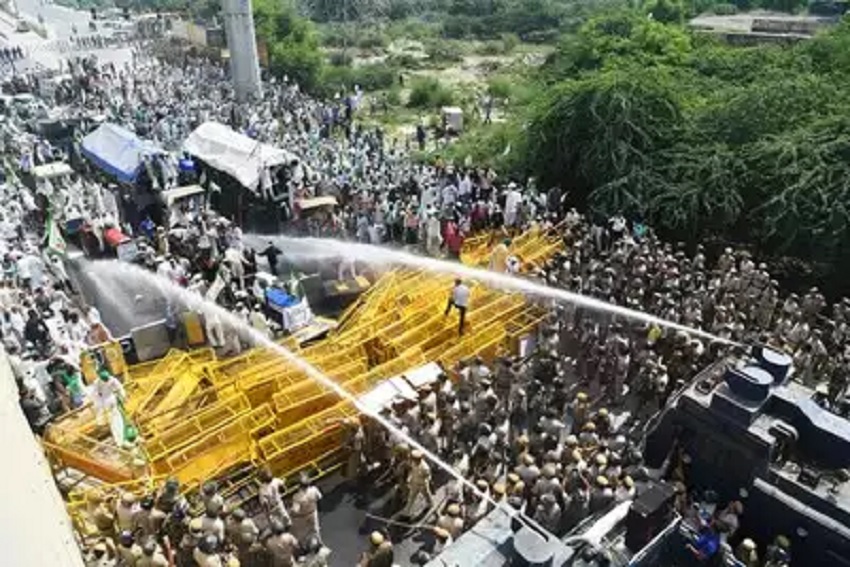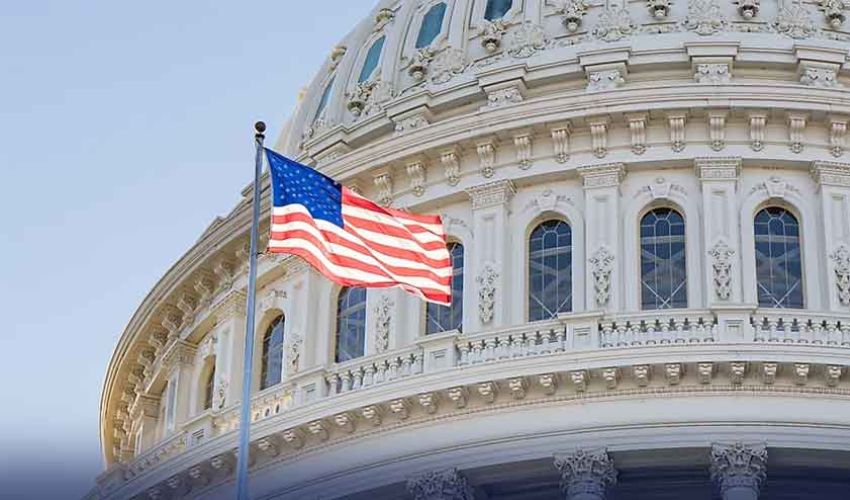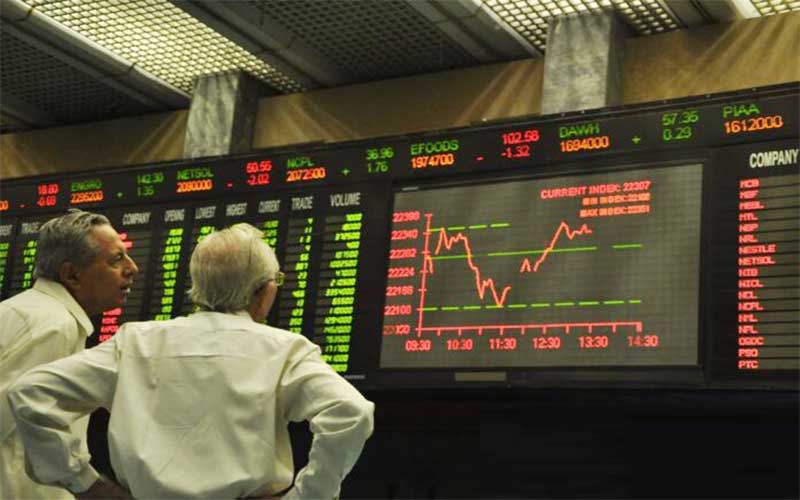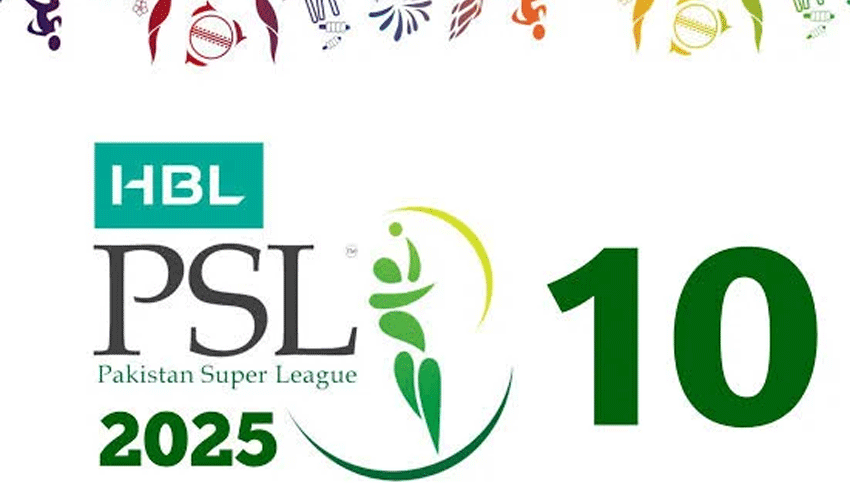Farmers in India continue to express deep frustration with government policies, citing issues like inadequate Minimum Support Prices (MSP), inefficient procurement systems, and limited access to essential fertilizers.
Despite their critical role in the nation’s economy, farmers feel neglected as systemic issues persist under the current administration.
Recent reports reveal that between 2019 and 2022, over 42,000 farmers in India committed suicide, according to the National Crime Records Bureau. These alarming statistics highlight the mounting stress within the farming community. In Punjab, Haryana, and Uttar Pradesh, farmers protesting against unfair policies are often labeled as “Khalistani,” further marginalizing their legitimate grievances.
The controversy stems from three contentious agricultural laws introduced in 2020, which aimed to deregulate the farming sector. Farmers argued these laws threatened their livelihoods by potentially dismantling the MSP system and opening doors for corporate exploitation. The protests peaked with mass demonstrations in Delhi and blockades at key borders. Global attention and pressure forced Prime Minister Narendra Modi to repeal the laws in 2021—a significant win for the farming community.
However, the victory was short-lived. Farmers continue to demand legal guarantees for MSP and greater protections. Recent protests, including train blockades in Punjab, signal ongoing discontent. Farmer unions have warned of a statewide shutdown if their demands remain unaddressed by December 30.
Observers argue that India’s push toward a “Hindu Rashtra” under Modi’s government has sidelined marginalized groups, including farmers. Experts stress the need for systemic reforms to secure the future of India’s agricultural backbone.



























